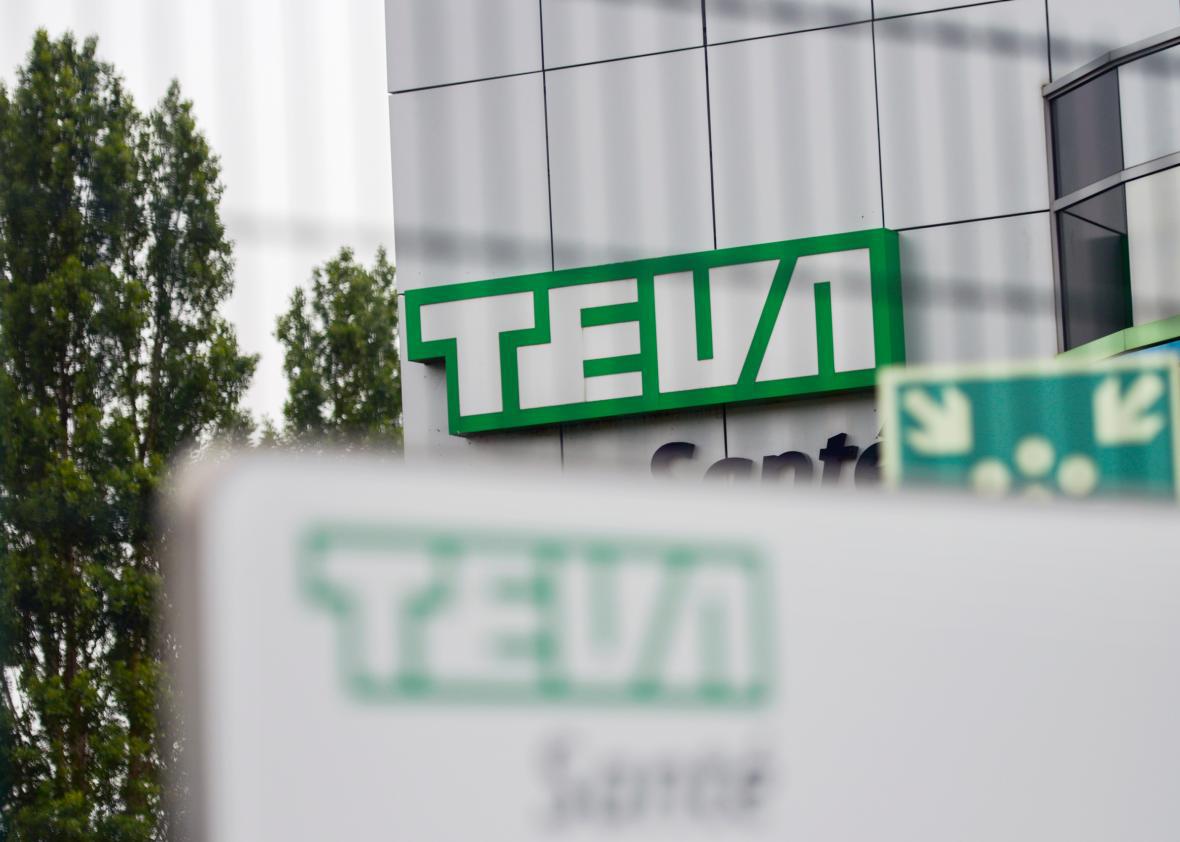Everyone in America seems to be ticked off at the pharmaceutical industry—including, it appears, the Department of Justice. This week, Bloomberg broke the news that federal prosecutors are deep into a “sweeping” 2-year-old criminal antitrust investigation of generic drug companies for alleged price fixing. The probe involves about two dozen different medicines, and charges could be filed before the year is out. Though the government hasn’t revealed which corporations are being targeted, a number of drugmakers, including big names like Teva Pharmaceuticals and Mylan, have admitted in their investor disclosures to receiving subpoenas. (Both Teva and Mylan also denied any wrongdoing in emails to Bloomberg.)
You might say that this case is targeting the quietest crisis in American drug pricing. Media reports about pharmaceutical costs have tended to focus on eye-poppingly expensive branded drugs, like the $84,000 hepatitis C treatment Solvadi, or extreme increases in the cost of old, off-patent medications like Daraprim, which shot up to $750 per pill thanks to Martin Shkreli’s fine work. Less talked about have been the many generic drugs whose prices have tripled or more, jumping from a few pennies per pill to 50 cents or a dollar. Those kinds of hikes don’t tend to make headlines because they’re less of an obvious burden on individual patients, but given that generics make up 8 out of every 10 prescriptions filled in this country, the added expense is a big collective drain on consumers, insurers, and the government.
There are, of course, noncriminal explanations for why generic prices may be increasing. Certain drugs are being made by fewer companies than in the past, which gives manufacturers more pricing power. But the Justice Department is apparently looking into whether executives at these companies colluded directly.
Here’s one example of the kind of behavior that might be getting investigated. Bloomberg notes that many of the companies under subpoena make some version of the blood pressure medication digoxin, which skyrocketed in cost at the end of 2013. One manufacturer, Lannett, raised its list price to $1.18 a pill from 17 cents. Within the week, a competitor, Impax, followed suit. Then two more companies released versions of the drug at about $1.18 a pill, as well.
That seems a bit strange, to say the least. With four companies on the market, you’d expect someone to try and undercut the others—unless everybody had reached a mutual understanding.
Now, it’s possible that this is just a phenomena known as “shadow pricing,” where drug companies play follow the leader without explicitly conspiring to raise prices in unison. As Bloomberg reported back in 2015, that’s what insulin-makers seem to have done in recent years, which has made the age-old diabetes treatment unaffordable for some lower-income patients. On Thursday, Sen. Bernie Sanders and Rep. Elijah Cummings sent a letter asking the Federal Trade Commission to investigate insulin-makers, expressing the concern that “the potential coordination by these drugmakers may not simply be a case of ‘shadow pricing,’ but may indicate possible collusion.’” But the letter simply underscores the sort of nefarious genius of shadow pricing itself: It’s perfectly legal, so long as the scheme operates via an unspoken industry norm.
So if the DOJ really does think it’s found a case of outright price fixing, it’ll be because generic drug–makers weren’t crafty enough to rig the market the legal way. How depressing.
